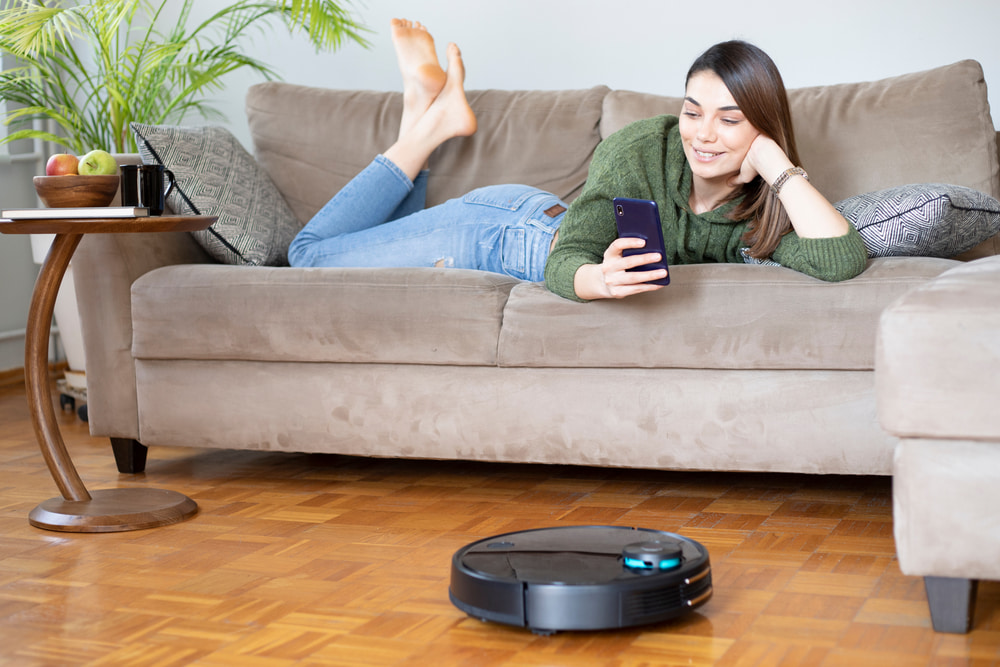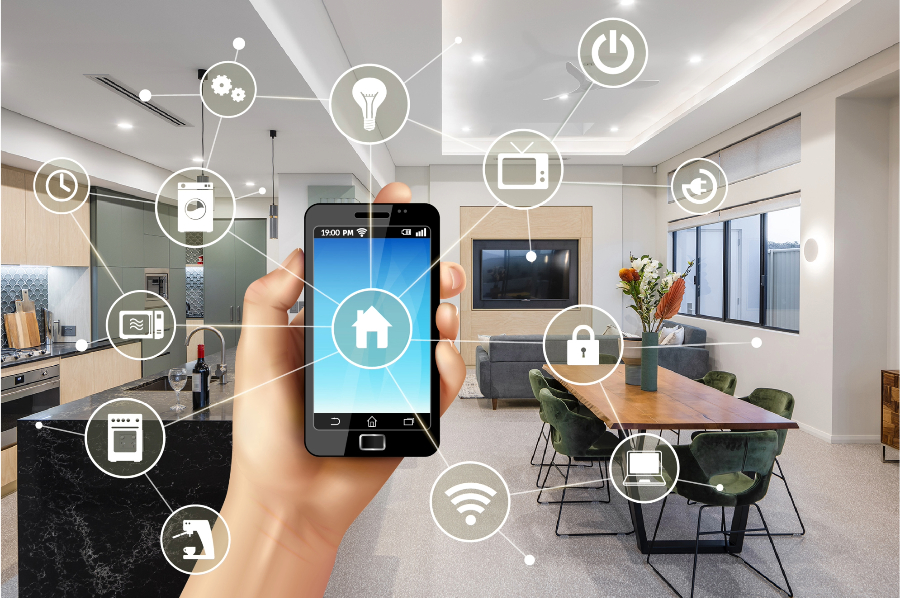In a world where technology continues to evolve at a rapid pace, the idea of a smart home has gained considerable traction. However, what happens to a smart home during power outages? This is a crucial question, especially in today’s environment where reliability and consistency are key. Understanding how to maintain your smart home during such events can ensure continuous connectivity and enhanced safety for you and your family.

Understanding the Impact of Power Outages on Smart Homes
Power outages are an inevitable part of life. Whether due to severe weather conditions, technical failures, or maintenance activities, losing power can disrupt daily life. For a smart home, the impact can be even more significant, given the reliance on electricity to keep systems operational. Understanding this impact is the first step towards mitigating the risks.
Why Smart Homes Are Vulnerable
Smart homes are built on the foundation of connectivity and power. Devices such as smart lights, thermostats, security systems, and appliances depend on a consistent power supply. When an outage occurs, these systems may fail, leaving your home vulnerable. Additionally, some smart devices require internet connectivity to function properly, which can also be compromised during a power outage.
Potential Risks During Power Outages
During a power outage, the primary risks include loss of connectivity, security vulnerabilities, and potential damage to devices. Without power, your home’s security system may become non-functional, increasing the risk of unauthorized access. Additionally, sudden power surges, when electricity is restored, can damage sensitive electronics.
Preparing Your Smart Home for Power Outages
Preparation is key to ensuring that your smart home remains functional during power outages. Here are some strategies to help you prepare:
Invest in a Backup Power Source
One of the most effective ways to keep your smart home running during an outage is by investing in a backup power source. Generators and uninterruptible power supplies (UPS) can provide temporary power, allowing essential systems to continue functioning. It’s important to size these solutions appropriately to support critical devices.
Utilize Smart Devices with Battery Backup
Many smart home devices come with built-in battery backup options. For example, smart locks and cameras with battery backup can continue to function even without power. Consider upgrading to these devices to ensure continued operation during outages.
Set Up Local Device Control
Some smart devices can be controlled locally via Bluetooth or local network protocols. Setting up local control can help maintain functionality even when the internet is down. This is particularly useful for lighting and climate control systems.
Maintaining Connectivity in a Smart Home During Outages
Maintaining connectivity is crucial for a functioning smart home. Here are steps to ensure your devices remain connected:
Use a Cellular Backup for Internet
Having a cellular backup for your internet connection can help maintain connectivity during outages. Many internet routers support cellular failover, allowing you to continue accessing the internet and controlling remote devices.
Implement Geofencing for Efficient Management
Geofencing can help manage your smart devices more efficiently. For example, [geofencing in home automation](https://autofx.com/geofencing-in-home-automation/) can automatically adjust settings based on your location, ensuring that devices are only active when needed.
Enhancing Safety and Security During Power Outages
Safety and security are paramount during power outages. Here’s how you can enhance them:
Install Smart Carbon Monoxide Detectors
Smart carbon monoxide detectors are equipped with battery backup and can alert you during power outages. Consider installing [smart carbon monoxide detectors](https://autofx.com/smart-carbon-monoxide-detectors/) to enhance safety.
Integrate IFTTT for Automation
Using IFTTT for smart home automation can help ensure devices operate efficiently during power outages. Automating tasks such as turning off non-essential devices can conserve power and enhance security.

FAQs
Can smart homes work without power?
While most smart devices rely on power, some have battery backup options that allow them to function during outages. Investing in backup power solutions can also help maintain functionality.
What is the best way to prepare a smart home for power outages?
Investing in backup power sources, such as generators and UPS systems, is an effective way to prepare. Additionally, using devices with battery backup and setting up local control can help maintain functionality.
How can I keep my smart home secure during a power outage?
Ensuring your security systems have backup power and utilizing automation tools like IFTTT can help maintain security during outages. Additionally, smart carbon monoxide detectors can enhance safety.
For more insights on smart homes, you can read more about [the advantages of home automation](https://www.dovit.com/en/blog/the-10-advantages-of-home-automation-for-homeowners/) on Dovits blog.





